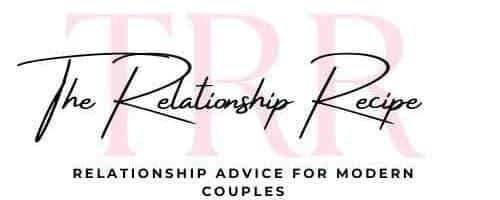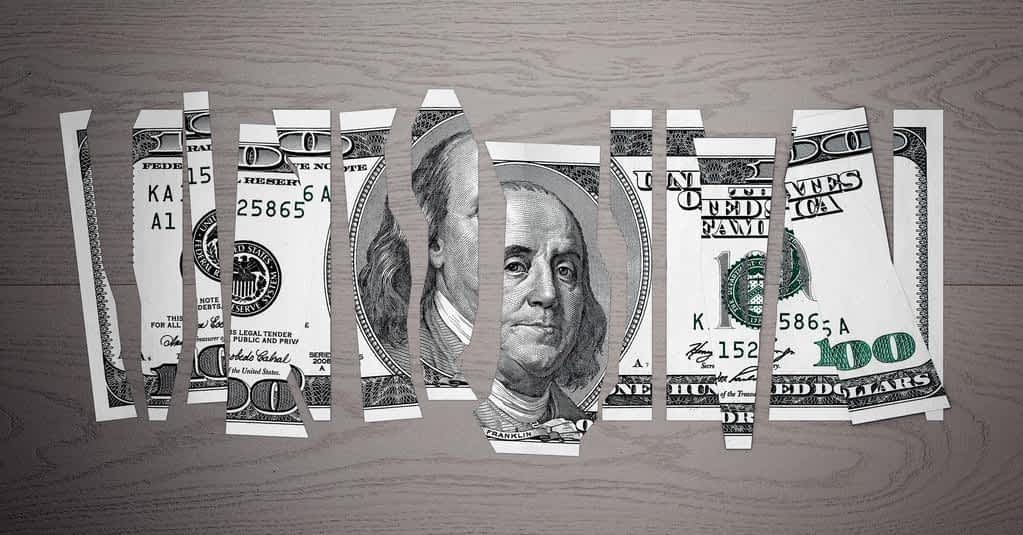Why Your Best Friends Ghost You After Divorce (The Real Reason Nobody Talks About)
You didn’t see this part coming.
Sure, you knew divorce would be hard. You braced yourself for the lawyers, the paperwork, the lonely nights in your too-quiet apartment. But knowing your best friend scrolls past your text messages like you’re a stranger wasn’t in the manual.
Here’s something nobody tells you when your marriage falls apart: your friend group might crumble right along with it. And unlike your ex, these people swore they’d stick around.
So what the hell happened?
One day you’re laughing over coffee, swapping stories, making plans for next month. The next, you’re staring at read receipts and wondering if you’ve become radioactive. Friends who knew every detail of your life suddenly act like they’ve never met you.
It’s not just you. It’s shockingly common, actually. But knowing that doesn’t make it hurt any less when you’re going through it.
The thing is, there’s a reason this keeps happening. One specific, uncomfortable reason that lurks beneath all the excuses, the awkward silences, and the slow fadeouts. And once you see it, everything else starts to make sense.
When Picture-Perfect Lives Shatter
Let’s be honest: most of us don’t broadcast our marital problems on social media. While you were posting anniversary photos and couple selfies, you were also having fights at 2 a.m. that left you sleeping in separate rooms. You were harboring resentments that built up so slowly you barely noticed until they were mountainous.
Your friends saw the highlight reel. They didn’t see the lonely dinners, the emotional distance, the conversations that went nowhere.
So when you finally announce you’re getting divorced, it lands like a bomb in the middle of their understanding of your life. They thought everything was fine. Great, even. Now they’re scrambling to reconcile the version of you they knew with this new reality.
And here’s where things get messy.
Some of them freeze completely. They don’t know what to say, so they say nothing. They don’t know how to help, so they don’t try. That silence you’re hearing? It’s not always malice. Sometimes it’s just paralysis.
But that doesn’t make it any easier when you’re drowning and everyone’s standing on the shore, staring.
The Uncomfortable Truth About Support
Here’s what most people won’t admit: supporting someone through a divorce is exhausting.
Your pain is real and valid and heavy. But it’s also a lot to carry for someone who’s already juggling their own chaos. Maybe your friend is dealing with her own crumbling relationship. Maybe she’s barely keeping her head above water with work, kids, aging parents. Maybe she’s got nothing left in the tank.
You need someone to lean on. She needs to not drown in someone else’s crisis.
It’s a terrible collision, and there’s no good guy in this scenario. Just two people who can’t be what the other needs right now.
This is one of those brutal truths about divorce: the people you’re reaching for might be too empty to catch you. Not because they don’t care. But because they’re running on fumes themselves.
When Old Baggage Hijacks New Situations
Sometimes, the weirdness isn’t even about you or your divorce. It’s about them.
Maybe your friend grew up watching her parents’ toxic marriage implode. Maybe she’s carrying scars from her own breakup that never really healed. Maybe seeing you split up is hitting too close to home, poking at wounds she’s tried to ignore.
Your divorce becomes a mirror for her unresolved pain, and she’s not equipped to handle it. So instead of showing up, she pulls back. She projects her experiences onto yours. She misreads your situation through the lens of her own trauma.
And just like that, you’ve lost someone not because of what you did, but because of ghosts you didn’t even know were in the room.

The Side-Picking Olympics
Then there are the friends who go full emotional warrior mode.
They pick a side, usually yours, and suddenly your ex is the villain in a story that’s way more complicated than that. At first, it feels like loyalty. Like someone finally has your back.
But give it time, and that protective energy starts to feel more like fuel on a fire you’re trying to put out. They’re trash-talking your ex at every opportunity, rehashing old grievances, keeping you stuck in anger when you’re trying to heal.
If you’re co-parenting or even just trying to move forward with your life, this kind of “support” becomes a problem. It alienates other friends who don’t share the same vendetta energy. It makes you question if they’re supporting you, or just performing loyalty for their own validation.
Real support doesn’t demand you stay angry. It holds space for all the messy, contradictory feelings that come with divorce, not just the ones that make for a good revenge story.
The One Thing Driving It All
So why do friends really disappear after divorce?
Strip away all the layers, the awkwardness, the overwhelm, the biases, the projections, and you’re left with one core emotion running the show: fear.
Fear of saying the wrong thing and making it worse.
Fear of being forced to choose sides and losing someone.
Fear of getting pulled into emotional chaos they can’t handle.
Fear of their own unresolved issues rising to the surface.
And yes, even fear that your divorce might expose cracks in their own marriage they’re not ready to face.
That fear shows up in different ways. Sometimes it’s loud and obvious. More often, it’s quiet. It’s the text that never gets answered. The invitation that stops coming. The conversation that feels strained and unnatural.
Your friends aren’t villains. They’re just scared, stumbling humans trying to navigate something they don’t understand, carrying their own hidden wounds.
When you realize fear is the silent architect behind all those fadeouts and ghostings, it changes things. It doesn’t erase the hurt, but it softens it. You can approach lost friendships with compassion instead of bitterness.
You can have honest conversations. You can express what you need without demanding they fix everything. You can make space for people to show up imperfectly or not at all, and still know your worth isn’t tied to their capacity.
What Happens Next
Losing friends during divorce is one of those heartbreaks nobody prepares you for. It layers grief on top of grief, isolation on top of isolation.
But here’s what else is true: the friendships that survive this? They’re real. They’re built on something solid. And the ones that don’t make it through weren’t as strong as you thought, even if that’s painful to accept.
You’re not the first person to lose friends after divorce, and you won’t be the last. It doesn’t reflect your worth. It reflects the messy, complicated reality of human relationships under pressure.
Some people will surprise you by showing up in ways you never expected. Others will disappoint you by disappearing when you needed them most.
Both things can be true.
The friends who stay, the ones who sit with you in the mess without trying to fix it or run from it, those are your people. And if your circle shrinks for a while, that’s okay. Quality always beats quantity, especially when you’re rebuilding your life from the ground up.
You’ll find your people. The real ones. The ones who aren’t afraid of your pain or your truth.
In the meantime, focus on being your own friend first. That’s the relationship you need most right now anyway.You’re not alone in this. The friends who matter will show up. The rest were never really yours to lose.
This post may contain affiliate links. I earn from qualifying Amazon purchases at no extra cost to you. This content is for informational purposes only and is not a substitute for professional advice. Read full disclaimer.
Thank you for reading this post, don't forget to subscribe!







